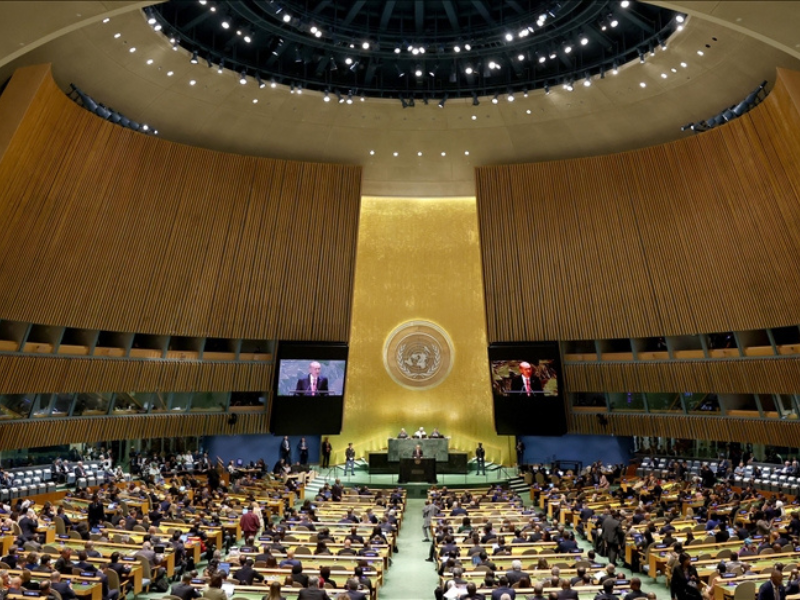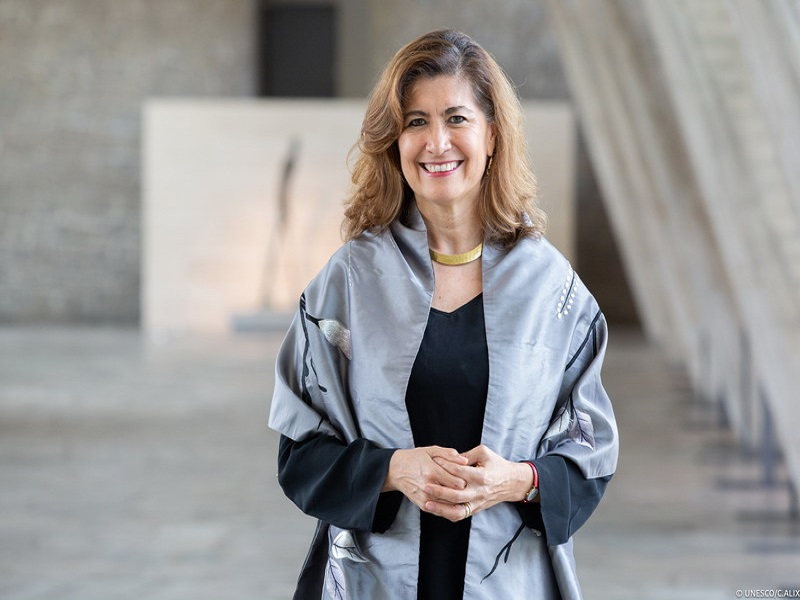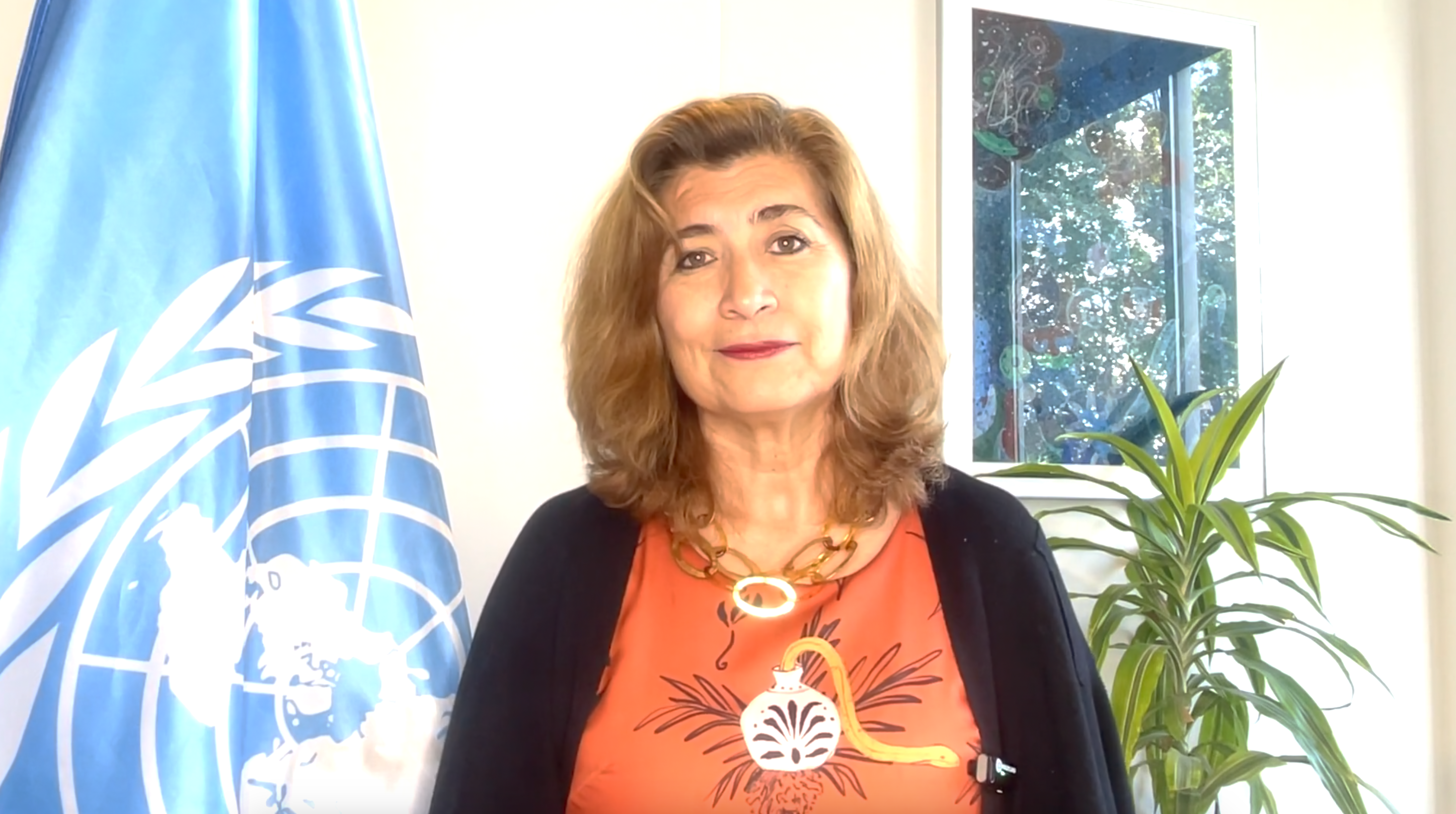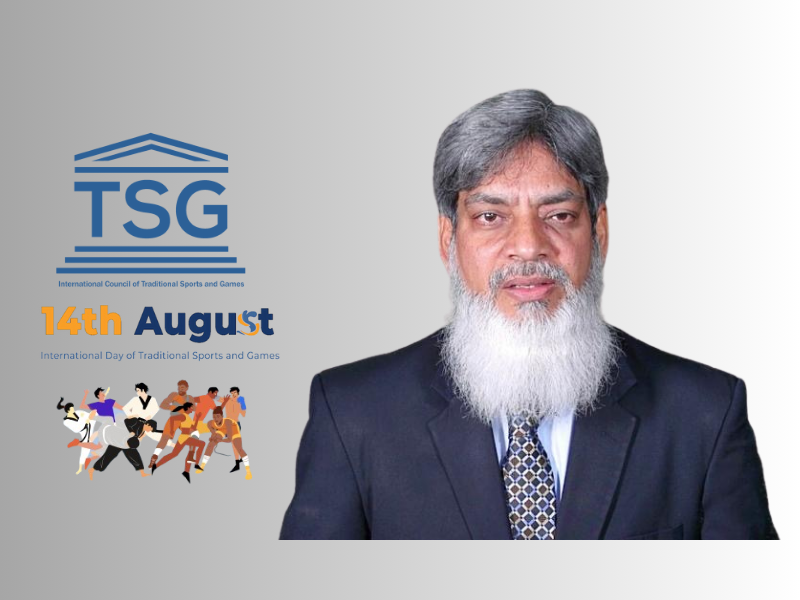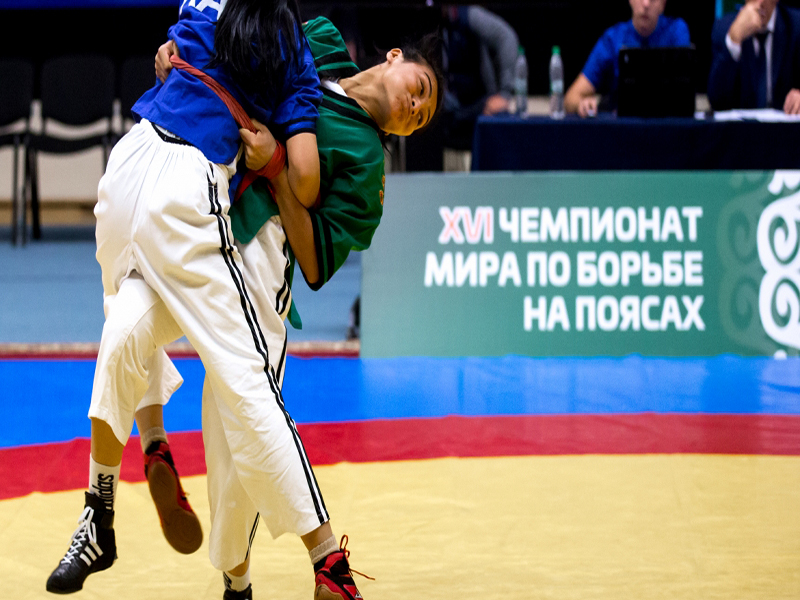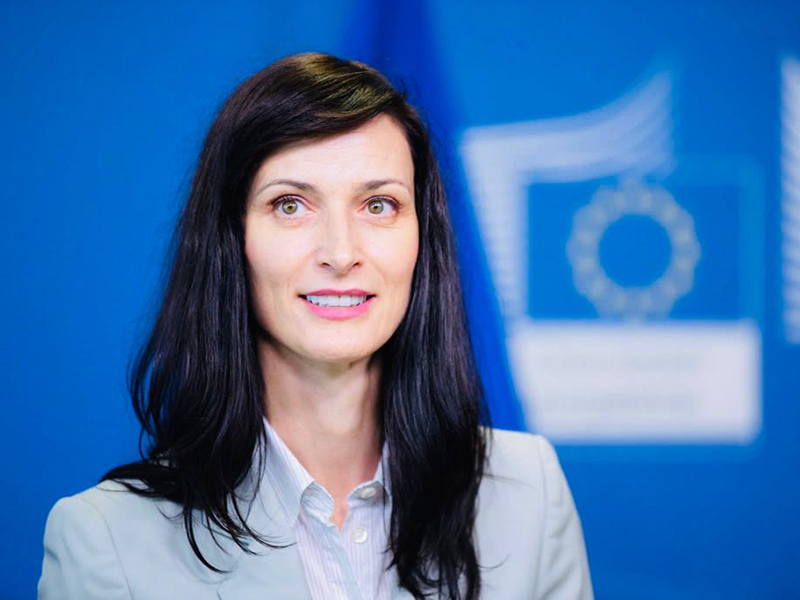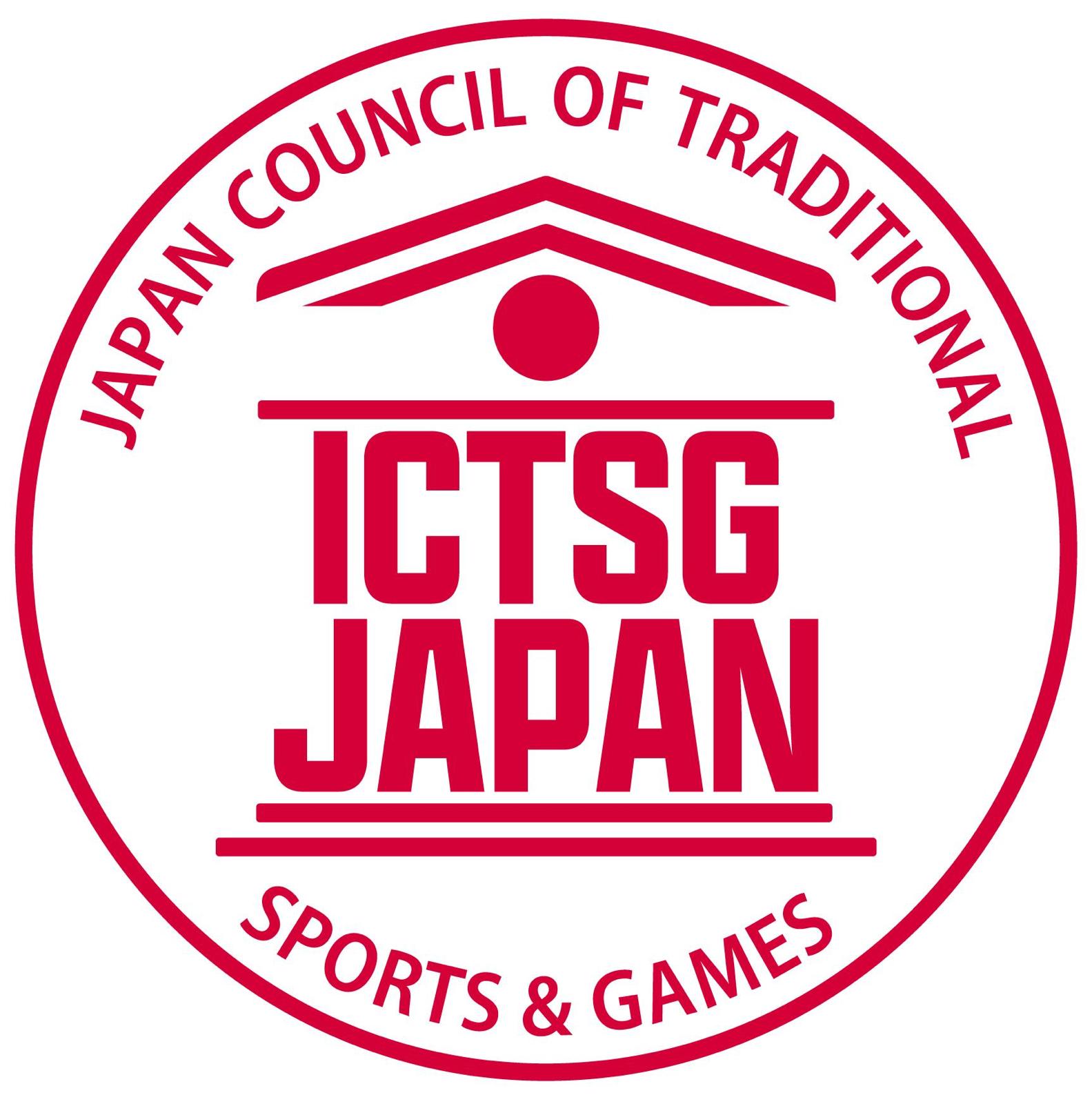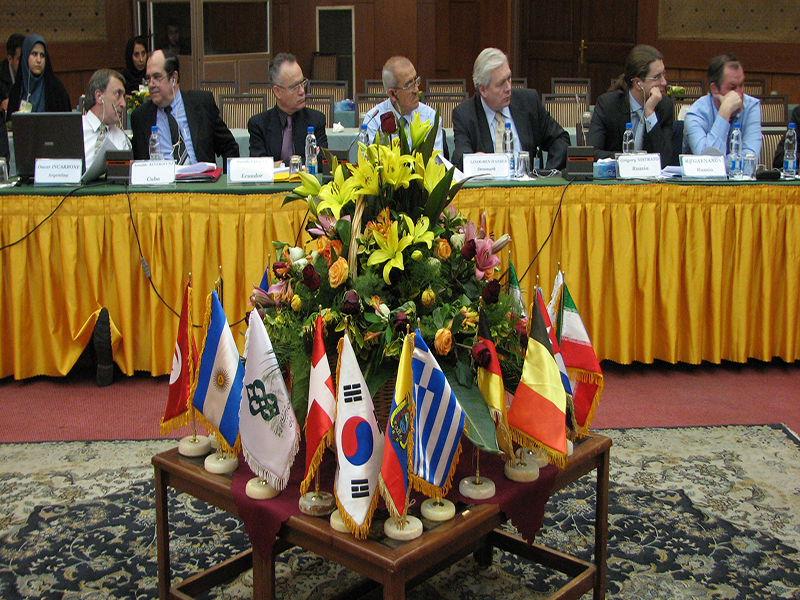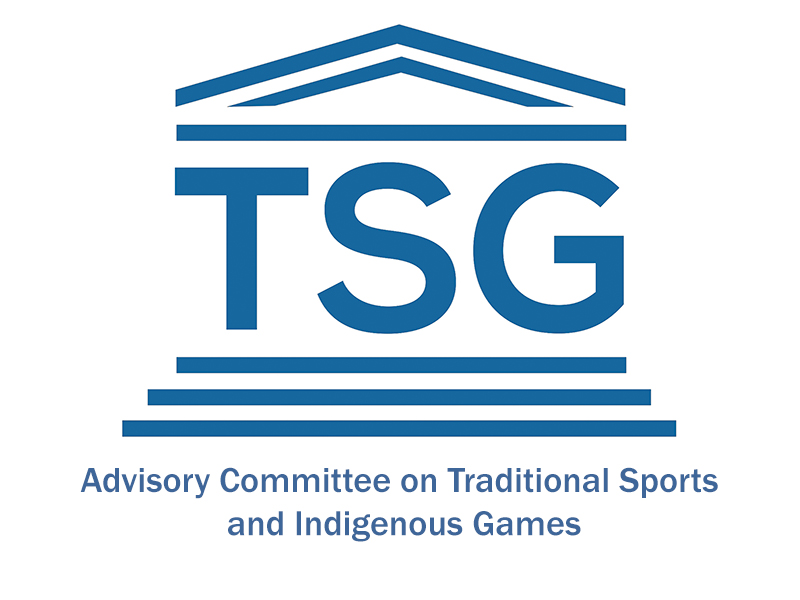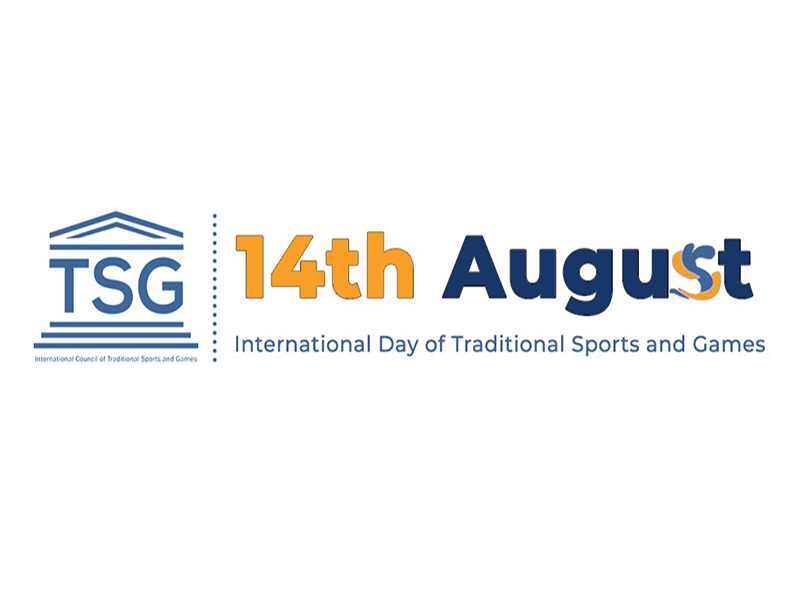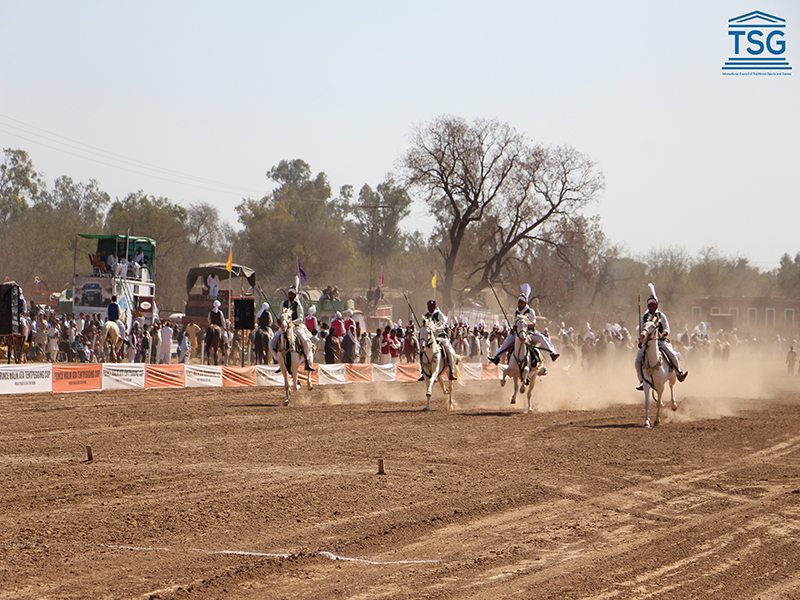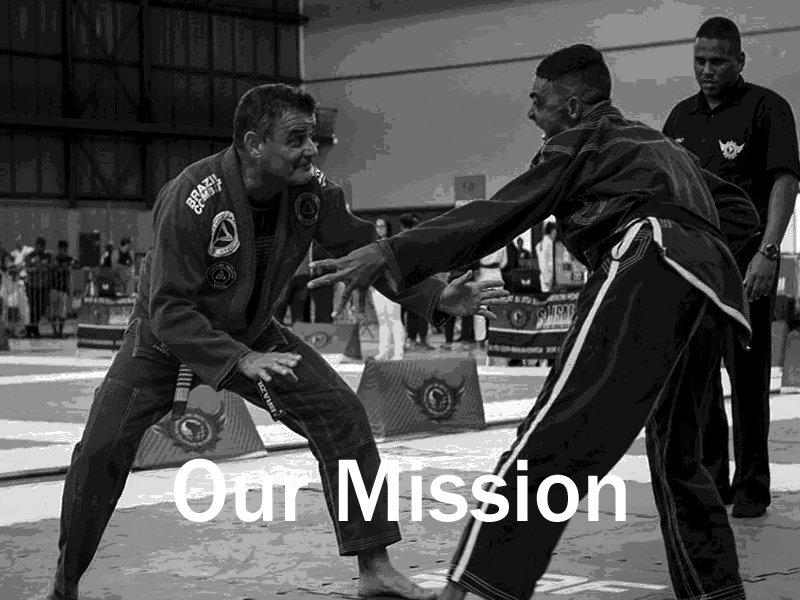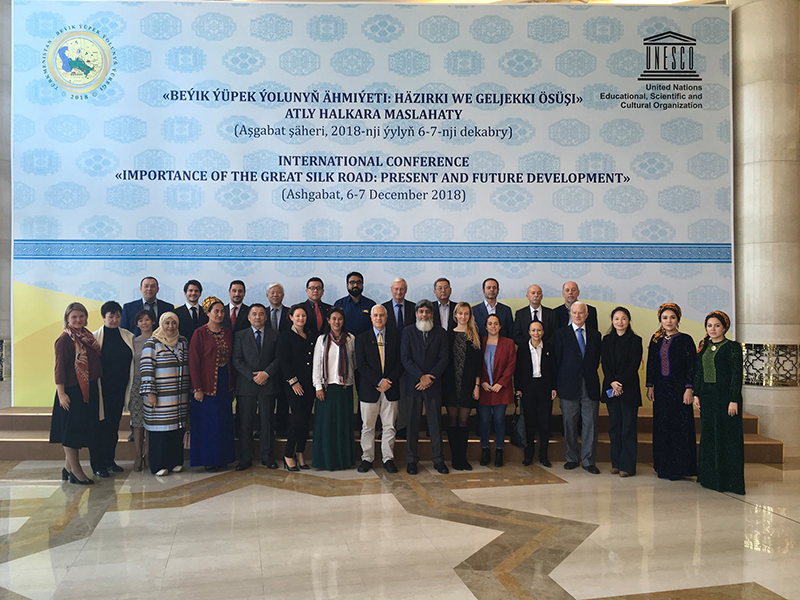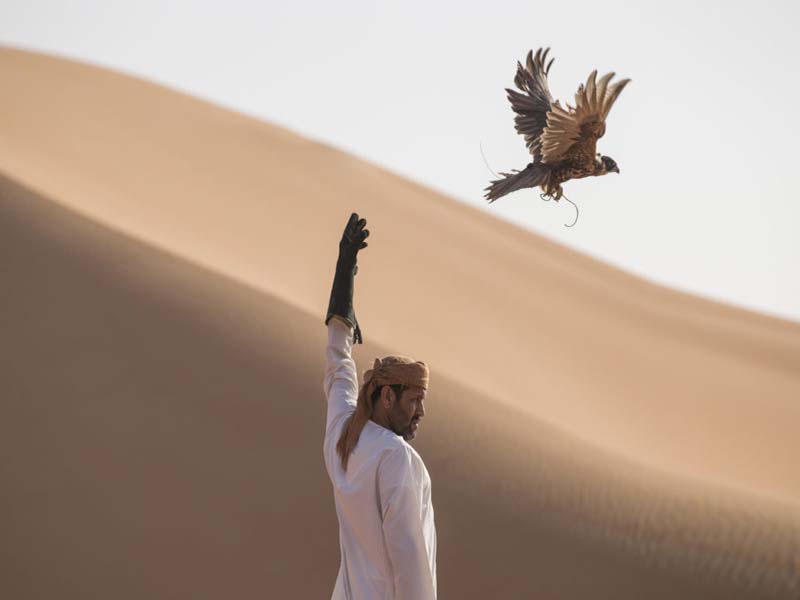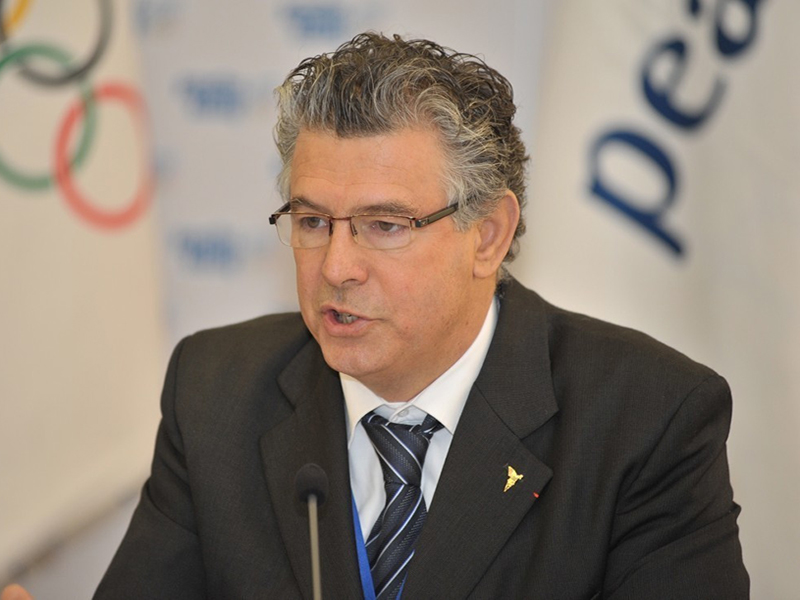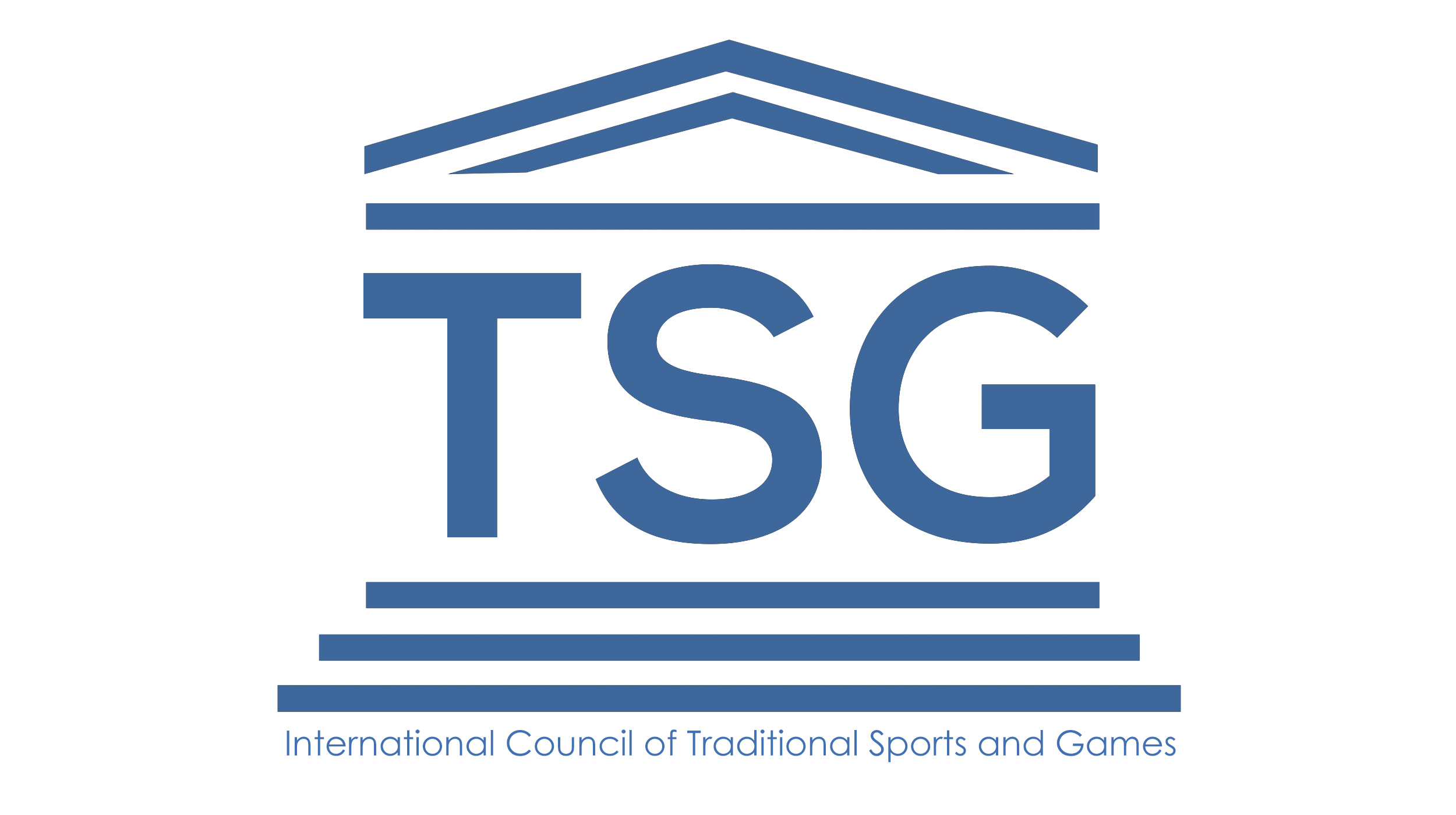On the occasion of the International Day of Traditional Sports and Games, on the 14th of August, Her Excellency Gabriela Ramos, the Assistant Director-General for Social and Human Sciences of UNESCO, gave her official written message for the celebrations this Day. In her letter addressed to President ICTSG Mr. Khalil Ahmed Khan, she reiterated UNESCO's firm stance on promoting and preserving traditional sports and games.
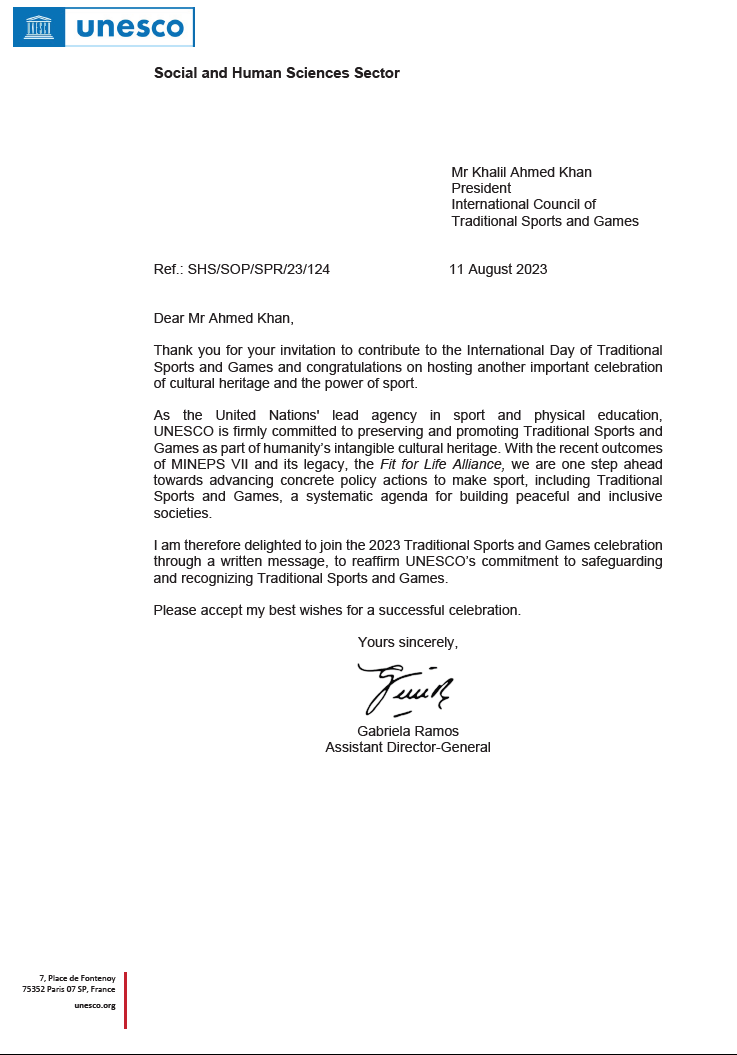
Following is the official message of the Assistant Director-General for Social and Human Sciences:"
"The International Day of Traditional Sports and Games is an important occasion to celebrate culture, heritage, diversity, unity, and the power of sport. Traditional Sports and Games reflect the histories, roots, and identities of communities across the world. They show what makes us unique and the shared values that unite us.
Many Traditional Sports and Games have disappeared or are under threat of extinction, putting a legacy of centuries of fair play and team spirit at risk of being lost — at a time when current and future generations need them most.
We are experiencing a global epidemic of physical inactivity amongst young people. One in four adults and three in four adolescents fail to meet physical activity recommendations globally, impacting their physical and mental health, increasing anxiety, or contributing to societal challenges such as fragmentation and unemployment. The number of young people with mental health issues has risen by 200% since 2020. Young people face a challenging world today, and sport provides a vital solution for such pressing global crises.
UNESCO’s Fit for Life sport flagship initiative uses the power of sport to promote an active and balanced lifestyle. It leverages the values instilled by sport to build healthier, stronger, and more inclusive communities. Fit for Life focuses on making young people not only the primary beneficiaries but the leaders in driving this change.
Young people who practice sports are eight times more likely to continue being physically active across their lifespan than those who do not, which helps them in all areas of their health and well-being, alongside improving their employability prospects and instilling essential values and healthy habits that will take with them into the future. As a universal language, sports, including Traditional Sports and Games, give young people a safe space to grow healthier and more empowered. They help them develop a sense of cultural identity while expressing what makes them unique.
As the United Nations’ lead agency for sport and physical education, UNESCO is committed to protecting and promoting Traditional Sports and Games. We recognize the value of preserving unique cultural traditions that benefit future generations.
The UNESCO Global Forum on Sport, MINEPS, played a critical role in the international recognition and protection of Traditional Sports and Games, as reflected in the 1999 Declaration of Punta del Este, adopted by the Third International Conference of Ministers and Senior Officials Responsible for Physical Education and Sport (MINEPS III). For the first time an international forum called on governments to support the promotion and safeguarding of Traditional Sports and Games. This led to the publication by UNESCO of
the World Sport Encyclopedia, which includes a global list of Traditional Sports and Games.
In 2005, the General Conference of UNESCO adopted 33 C/Resolution 21, where Member States were invited to find appropriate mechanisms to share information about their efforts to preserve and protect Traditional Sports and Games. As follow-up, a draft Charter of Traditional Games and Sports was developed and approved to draw a roadmap on the scope of an International Charter on Traditional Sports.
UNESCO and its partners have worked continuously to advance the protection and recognition of Traditional Sports and Games worldwide. In 2022, ASEAN and UNESCO collaborated to achieve the ASEAN Declaration on fostering ASEAN Identity Through the Safeguarding of Traditional Sports and Games in the Modern World. More recently, at the 7th International Conference of Ministers and Senior Officials Responsible for Physical Education and Sport (MINEPS VII), held 26-29 June 2023, in Baku, Azerbaijan, Member States and other core stakeholders reaffirmed the vital role that Traditional Sports and Games can play as part of UNESCO’s Fit for Life Alliance. They recognized what sport and tradition can do to shape our communities.
Changing the world requires embracing new ideas and fresh perspectives. But it also means learning from the past and honouring our roots — the things that make us unique and special. In an increasingly globalized world, it is important to remember who we are, where we come from, and where we are headed. Traditional Sports and Games help us
to do exactly that. They represent our memories and histories and reflect our different cultures, traditions, and values. Today is an important opportunity to celebrate Traditional Sports and Games and reaffirm our role in preserving them for future generations."
The Council thanks the Assistant Director-General UNESCO for her contributions towards fulfilling our mission of safeguarding and promoting traditional sports and games.


